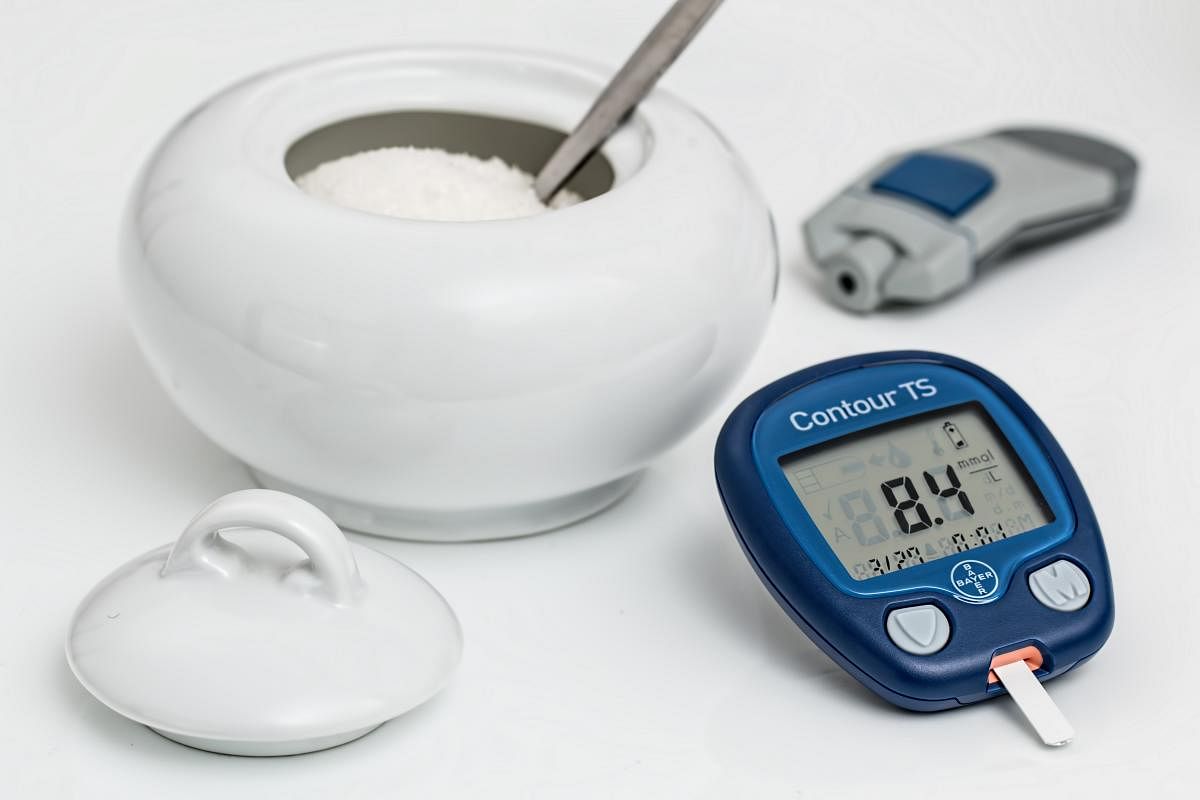
An alarming reality of diabetes affecting one in 10 adults worldwide, with half of the remaining unaware of their condition, calls for a need to take this World Diabetes Day more seriously! What is even more worrisome is that nowadays people are developing diabetes at a relatively younger age. A large majority of our population comprises “thin fat Indian” adults, characterised by a greater proportion of body fat, and lesser muscle mass. A higher fat content, particularly the fat associated with vital organs, can be particularly harmful in nature. Such visceral fat predisposes one to an imbalance in metabolism, a decrease in sensitivity to the essential metabolic hormone insulin, and causes inflammation. These effects underly the risk for premature development of diabetes, as well as heart disease, in our population.
Diabetes is a major risk factor for heart disease, including heart attack as well as heart failure, which is the leading cause of premature death in our population. A person with diabetes stands at higher risk of complications affecting the brain, liver, kidney, eye, foot, gut, and practically every part of the body, by damaging the blood vessels and nerves. Good diabetes care would be a universal aspiration but sustaining it over the long run is a story of motivation, proactive will, and social support. A simple measure towards this goal is the ABCDE approach:
A: A1c (haemoglobin A1c represents blood glucose control)
B: Blood-pressure
C: Cholesterol
D: Diet
E: Exercise
Sustaining this approach may help control the risk of disease in the short term and translate into organ protection as well as better quality of life over the long term. For sustaining these goals, it is essential to maintain a healthy lifestyle, adequate health check-ups, and treatment, in the long term. Access to diabetes care would be of key importance in this regard. With a majority of the people with diabetes being unaware of their status, access to good care is certainly a considerable limitation. In our country, females more often remain underdiagnosed for various health conditions, including diabetes and its complications. Moreover, younger patients who represent a substantial proportion of diabetes cases, are often in denial about the existence or significance of the health problem. A study in 1,500 young people, reveals that almost every person aged below 40 years with Type-2 diabetes, carries a high risk of heart disease. This finding is a loud wake-up call for ensuring meticulous control of risk factors, to prevent the development of serious complications at a premature age.
The importance of caring for our health, universally without discrimination, is a fundamental principle at the heart of medicine. Health is not merely the absence of disease, but a state of holistic physical, mental, social, and spiritual well-being. Caring for our health is a basic human need, which should not be realised only when complications result in irreversible and permanent damage.
On this World Diabetes Day, being mindful about the status of our health, practising a healthy lifestyle with adequate physical activity, a balanced diet, and well-managed stress levels can help in monitoring our health in a better manner. And, in the presence of morbidities like diabetes, it is best to ensure good control of blood glucose, blood pressure, as well as cholesterol levels, for a better tomorrow.
(The authors are diabetologists.)